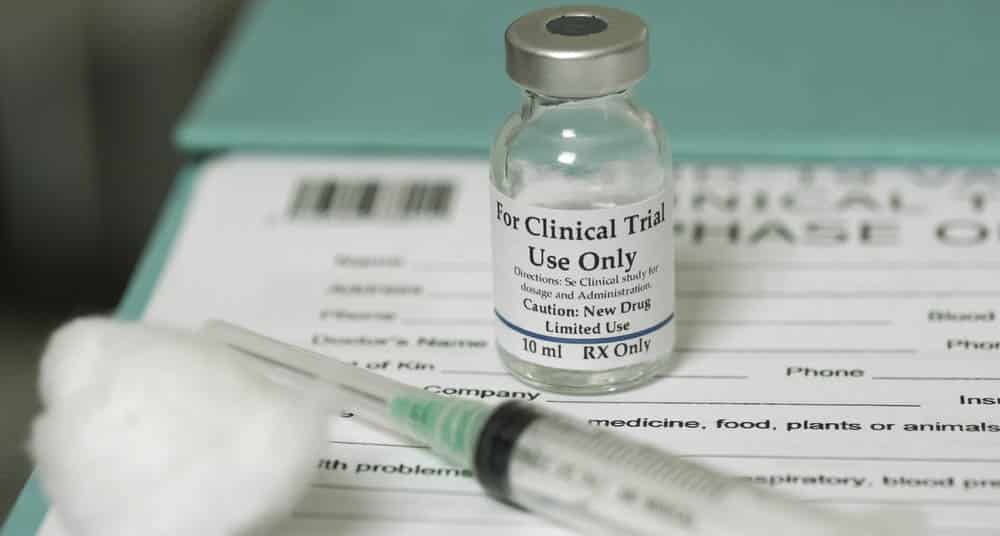Clinical trials have long been a necessity in the fight against diseases. Clinical trials are important for discovering new treatments for diseases and preventing new ways of diagnosing and preventing illnesses.
Researchers use clinical studies to understand what does and doesn’t work in humans that cannot be learned in the laboratory or with animals. Clinical trials are the backbone of therapeutic advances because without them medical research would be nothing more than a study on paper.
What is a clinical test?
Clinical Studies At Biotrial
- Is the overall treatment well tolerated? Does it have repercussions on the organism and which ones?
- What are the pharmacokinetics of the product, i.e. how long does it take for it to be absorbed and eliminated by the body?
- Is the effectiveness the same in different forms (tablet, syrup, capsule, etc.)?
- What is the impact of certain food, drug or behavioral interactions with the treatment?
Phase 1 clinical trials are designed to study the tolerance of the drug. The drug is administered gradually to small successive groups of participants. Some volunteers will receive a single dose of the product while others may receive multiple doses. But it is only if no adverse event occurs in a first cohort that the clinical trial can move on to the next cohort of healthy volunteers.
When a Phase I study is completed, the clinical trial moves over to phase 2 where the new treatment is tested on patients. The drug will continue its journey until it finally becomes available to healthcare professionals.



